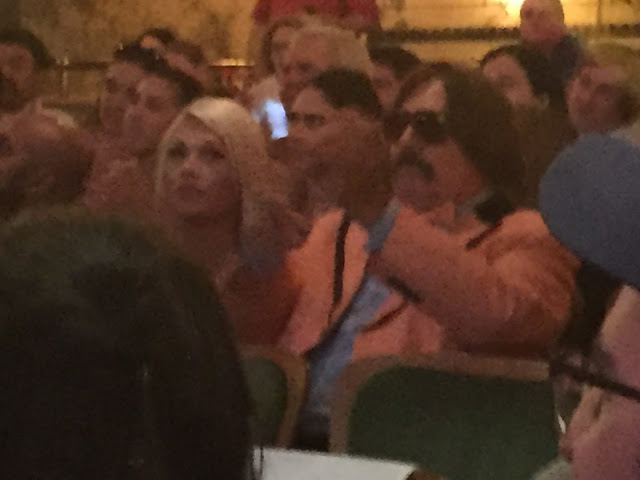"To begin with, we would like to acknowledge the Mississaugas of New Credit, the Haudenosaunee and the Huron-Wendat, the original keepers of this land, for hosting us today, and for hosting TIFF on their land every day."
I had heard similar acknowledgements at a few events recently, and now I have heard the one above 18 times in the last week or so. I have mixed feelings about this. Mostly I am happy that this is being publicly acknowledged, to help raise awareness, and in line wit the federal government's intention and efforts towards real reconciliation. But I worry about a few things:
- That people will tire of hearing these, and tune out over time.
- That some will hear these words as just another example of political correctness, and use that as a reason to shut out the message.
- That these are just words, and some may be content with just saying the words, rather than continuing to work towards real reconciliation with our native peoples, and real improvements to their standard of living. When not everyone in our country has clean drinking water, and when youth in the northern communities are killing themselves at a massively disproportionate rate, there is still a long way to go.
Despite these worries I do think it is good that this is being done, and I plan to include this in some of the upcoming events that my business will be hosting, including a few climbing competitions and a film night. They may just be words, but words can help, as long as there is also action. I am reminded of Australian Prime Minister Kevin Rudd's "Sorry Speech" from 2008 (see https://www.youtube.com/watch?v=b3TZOGpG6cM); just words, but powerful words that could make a difference.



















